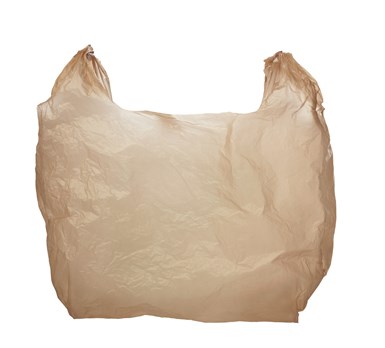Reports Highlight Need for Secondary Recovery Facilities
Matching output of material recovery facilities to demand may require investment in a new type of processing center.
This week the American Chemistry Council (ACC) issued a release highlighting the opportunity for recycling infrastructure investment aimed at creating secondary sortation facilities to increase the amount of plastics diverted from landfills. A pair of reports, one from McKinsey and the other prepared for the ACC by Titus, described the opportunity in greater detail.

Additional recovery infrastructure may be necessary to prep post-consumer streams for chemical recyclers.
Photo Credit: Getty
A secondary sortation facility, or feedstock preparation facility, manages and sorts post-consumer waste after processing by a materials recovery facility, reclaiming would-be waste to pass on to recyclers. The McKinsey report points out that plastic films are recycled at rates 15-20 percent lower than plastic bottles, despite demand for films from advanced recyclers (pyrolysis and other processes). This is due to an apparent disconnect between the quality required by these types of recyclers, and the quality currently supplied by the recovery facilities that do accept films and flexible packaging.
The Titus report specifically looked at samples from six recovery facilities in the Northeastern US. The report concludes that a regional secondary sortation facility could recover additional paper and plastic currently being sent to landfills, including 5,900 tons of PE.
The ACC pointed to the announced $100 million investment by Exxon, LyondellBasell, and Cyclyx as an example of the kind of action needed for improving recycling rates and accelerating a more circular economy for plastics.
Related Content
-
Optical Sorting for Color Flexibility in Recycled Plastics
Aaron Industries added optical sorting to its operation, expanding capabilities to meet the color needs of customers.
-
Evolving Opportunities for Ambitious Plastics Recycler
St. Joseph Plastics grew from a simple grinding operation and now pursues growing markets in recycled PP, food-grade recycled materials, and customized post-industrial and post-consumer compounds.
-
New Facility Refreshes Post-Consumer PP by Washing Out Additives, Contaminants
PureCycle prepares to scale up its novel solvent recycling approach as new facility nears completion.













